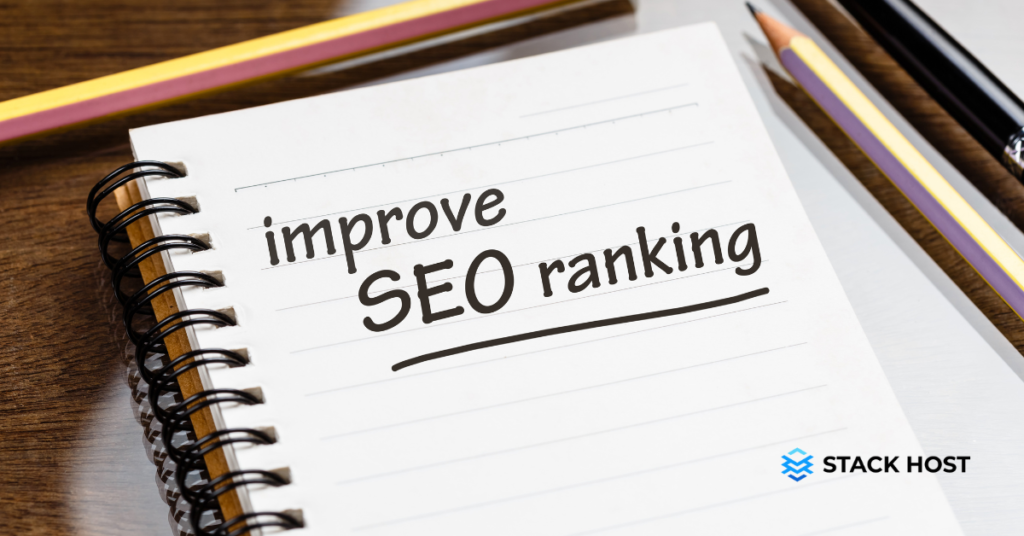
How to Optimize Your Google Business Page Strategy
Google is the world’s leading search engine, and, as such, businesses need to have an optimized Google business page. In this article,
Share this article:
When it comes to optimizing your website for top-of-Google search, nothing is more important than getting your keyword or key phrases into the first few pages of Google. Once there, you’ll want to focus on optimizing for relevance and click-through rate (CTR). Relevance means that your keywords and key phrases are being used in a way that describes what people are looking for when they search.
When you search for something online, chances are Google will show you a list of google search results. The result with the highest relevance will likely appear on top. In other words, businesses that rank high on Google are those that people like most.
Whether your business has a website or not, getting your business listed on Google is essential if you want it to grow. Getting visibility on Google requires keyword research, dedicated websites, and social media presence. Here are some ideas on how you can help get your business to the top of Google’s search:
You will likely receive many clicks if your business appears on the first page of Google rankings. And that can lead to high conversions (i.e., purchases). A recent survey found that 88% of consumers prefer to click on organic search results rather than paid ads. Organic search results are also known to be less expensive than paid ads. They can also be more trustworthy and long-lasting because they come from a highly credible source like Google. Suppose your business can rank highly for various keywords in your market. In that case, you could see an increase in traffic, sales, and overall revenue.

When a customer searches your company name and service area, the first step in ranking on Google search is choosing the right keywords. You’ll want to select keywords that are highly searched but also have a low competition score. Suppose you can rank for keywords with a low competition score. In that case, you will likely have an easier time improving your Google rankings.
You may have heard that people might see your Google search results if you have a public profile on social media. But how does that work, what kind of searches are they, and why do they appear?

Google appears interested in showing more than just your website when you search. Depending on your settings, Google might also show you:
Social media profile: if you have a public profile on social media, Google might show it when someone searches your name.
Blog: if you’re publishing blog posts, Google might show a regular blog result or a featured snippet result.
Emails: if you’ve sent an email to someone publicly, Google might show it in the search results.
Personal details: Google might show information like your address, phone number, and even your place of employment when someone searches for you.
Your business profiles, like Twitter and Facebook, are a great place to build your brand and get your message out. But make sure that your content on those profiles is consistent with the messaging you want to send on your website. If you send out coupons from your Twitter account, make sure you also have a place to list that information on your website. Make the info consistent on both sites so you don’t confuse customers by giving them different deals. If you have automated messages on your Twitter account, make sure you have them on your website as well. People might not understand that those tweets are automated if there’s no website version of that information.
Google wants to know that your social media profiles are related to your website. They’re letting you display your website on your social media profiles. But if your social media doesn’t link back to your website, Google may be unable to tell that those are part of the same business. To help Google connect your social media profiles and your website, you need to add the rel=” publisher” tag to your website’s header. This lets Google know that your social media profiles are related to your website and should be included in search results.

Google has many algorithms used to determine a website’s quality. One of those is the ease of navigation. If Google can’t easily navigate your site, it’s assumed that your users won’t be able to either. This can negatively impact your rankings. You’ll have to decide what’s best for your site, but you should strive to create a site that’s easy to navigate and simple to find what you’re looking for.
This is a given, but Google still considers it an essential factor. The overall content of your site should be relevant and valuable to the person searching for it. They should be able to find what they’re looking for quickly and easily and then go on their way. Again, this is important for your users as well as Google.
Google wants to ensure that your site is relevant, but they also want to make sure that people stay on your site long enough to make it worthwhile to you. Again, this ties into your bounce rate. If people stay on your site, they’re likely enjoying the experience, and Google will see that. If they bounce, it’s assumed they didn’t find what they were looking for, and Google might not reward you for a visit. Google recommends using responsive design to ensure your site is optimized for mobile devices. Creating a separate mobile version of your site is best for optimal results and keeping navigation consistent across both platforms.
Google ranks websites based on their content and the authority of that content. We’ve already discussed how your content should be relevant to the term that someone types into the search engine. But your website must also be fast to load. If people wait for your site to load, they’ll likely get bored and click off somewhere else. They’ll also be less likely to share your website on social media if it’s slow. Mobile-friendliness ties into the speed of your site. Google wants to make sure you’re optimizing your site for mobile users. Since most of your site traffic will likely come from mobile devices, it’s imperative that you optimize your site for those smaller screens.

Before taking any other action, ensure your website is connected to Google Search Console. This is a free service that Google offers to help web admins learn how their site is displayed and ranked in Google Search. It is a tool for webmasters that lets you see how your site is doing in the search results. As a webmaster, you will be able to see the number of clicks your site is receiving, the number of impressions, the click-through rate, what your position is for various keywords, where your site is being displayed, and any issues that Google might be having with your site.
Next, you have to ensure your website is set to index within the settings or code of your website. Two main factors are responsible for ranking a website in Google search results: on-page SEO and backlinks. On-page SEO is all about optimizing the content on your website. This can include meta tags, content length, keyword choice, and more. Backlinks, on the other hand, are links that point to your website from other websites. For Google to be able to index your website, it needs to crawl your site. This means that Google needs to be able to read your site’s source code to process it.

You can also rank your website faster by updating it with new content and frequently making it useful. Keeping your content current is one of the easiest ways to increase traffic and rank your website. Many 20-year-old websites still rank well today because they have timeless content, but you have to remember that the people who visit these websites today are not the same as the ones who visited the site 20 years ago. There are new people who are searching for your products or services every day, and if you want to serve those people, you have to update your content. As you write your content, think about the questions your target audience would ask related to the topic you’re covering. Then, provide answers to those questions. Your content should be helpful, engaging, and actionable. It should give people a reason to stay and come back. You can also add keywords that are relevant to your industry.

Google is the world’s leading search engine, and, as such, businesses need to have an optimized Google business page. In this article,

In today’s digital world, businesses have more opportunities to connect with their customers than ever before. While this can be beneficial, it

Are you looking for new ways to advertise your business? You’ve probably heard of billboard advertisements, promotional videos, and virtual reality marketing.
Stack Host is an independent service provider and is not affiliated with WordPress or Shopify.
Copyright © 2025 STACK HOST provides small business web design, SEO, managed hosting, and expert website support. We help you grow your business online with subscription-based plans for WordPress or Shopify.